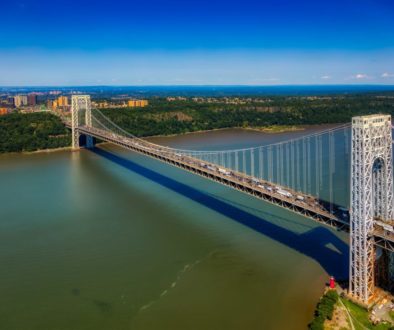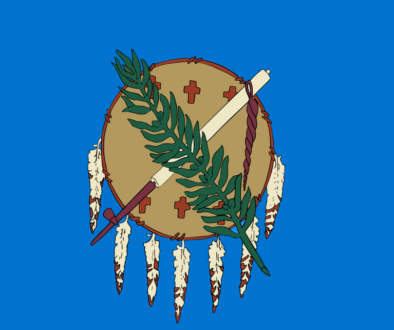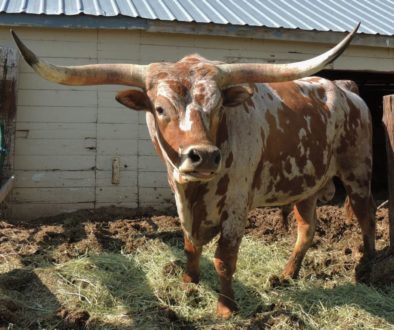Mississippi
History: Native American tribes, such as the Chickasaw and Choctaw, are descendants of the Woodland and Mississippian culture that inhabited Mississippi. Hernando de Soto, a Spanish explorer, passed through in 1540. French colonists established the first European settlement at Fort Maurepas, near Ocean Springs today, on the Gulf Coast. Throughout the 18th century, the area was ruled as a colony by Spain, France, and Britain. After the Revolutionary War, most of the state came under U.S. control. The extreme southern part was acquired with the purchase of Spanish Florida. Mississippi joined the Union as the 20th state on December 10, 1817. It seceded from the U.S. in 1861 and joined the Confederacy; Mississippi rejoined the U.S. in 1870.
Economy: Before the Civil War, Mississippi was very wealthy due to cotton farming, while over half of its population were slaves. After the war, the state continued to rely on agriculture and avoided heavy investment in transportation, flood control, education, and industry for the next 100 years. As a result, today Mississippi is one of the poorest states, offset only by having the lowest cost of living. The recreation industry has grown as a result of casinos (2nd only to Nevada), increased river tourism, and interest in blues music. The Stennis Space Center is a major facility for rocket motor testing. Shipbuilding in Pascagoula is the state’s largest industry. Two large plants for automobile manufacturing have opened since 2010.
Climate: Mississippi’s climate is humid subtropical with long, hot and humid summers, and short mild winters. In late summer and fall, it is at risk for hurricanes moving inland from the Gulf of Mexico. Thunderstorms are also common in Mississippi, especially in the southern part of the state. Mississippi has an average of 27 tornadoes annually.
Geography: Mississippi is completely composed of lowlands; most of is part of the East Gulf Coastal Plain. In addition to the Mississippi River, it has the Big Black River, the Pearl River, The Pascagoula River and the Tombigbee River.
Fun Facts:
- Blues music began in the Mississippi Delta region.
- Mississippi has more churches, in proportion to people, than any other state.
- Over 60% of the state’s land is covered in forest.
- The name “Teddy Bear” originated when President Theodore Roosevelt refused to kill a trapped bear during a hunting trip in 1902.
- Mississippi raises the most catfish in the U.S., with over 100,000 catfish farms.
- Coca-Cola, though invented in Atlanta, was first bottled at a plant (factory) in Vicksburg.
Points of Interest:
- Gulf Islands National Seashore
- Tupelo Automobile Museum
- Natchez Trace Parkway
- B. King Museum in Indianola
- Mississippi Museum of Natural Science in Jackson
- Confederate Presidential Library and Museum at Beauvoir Estate in Biloxi
Six additional sites to visit for more information:
https://en.wikipedia.org/Mississippi
www.coolkidfacts.com/mississippi
www.infoplease.com/mississippi




